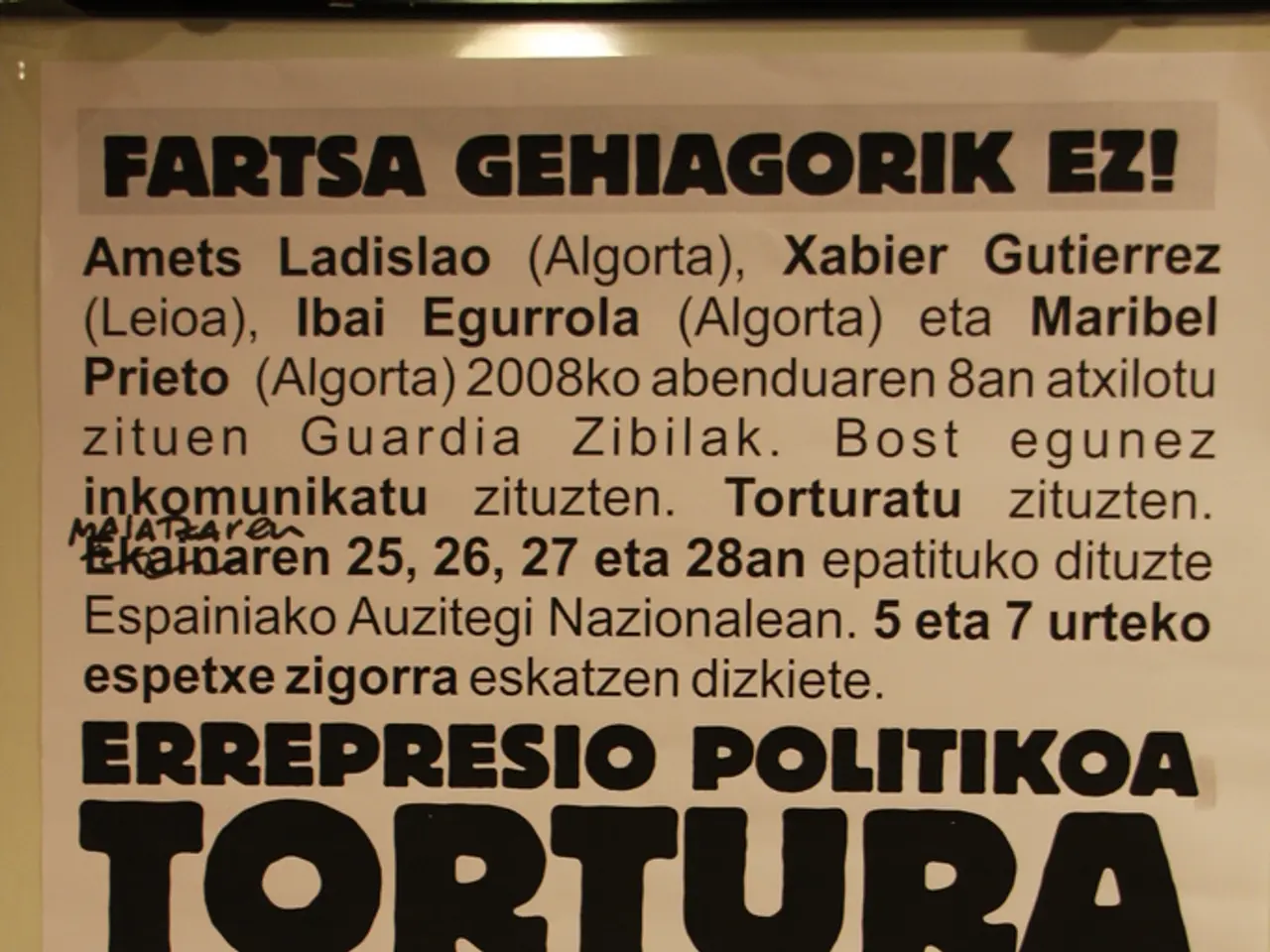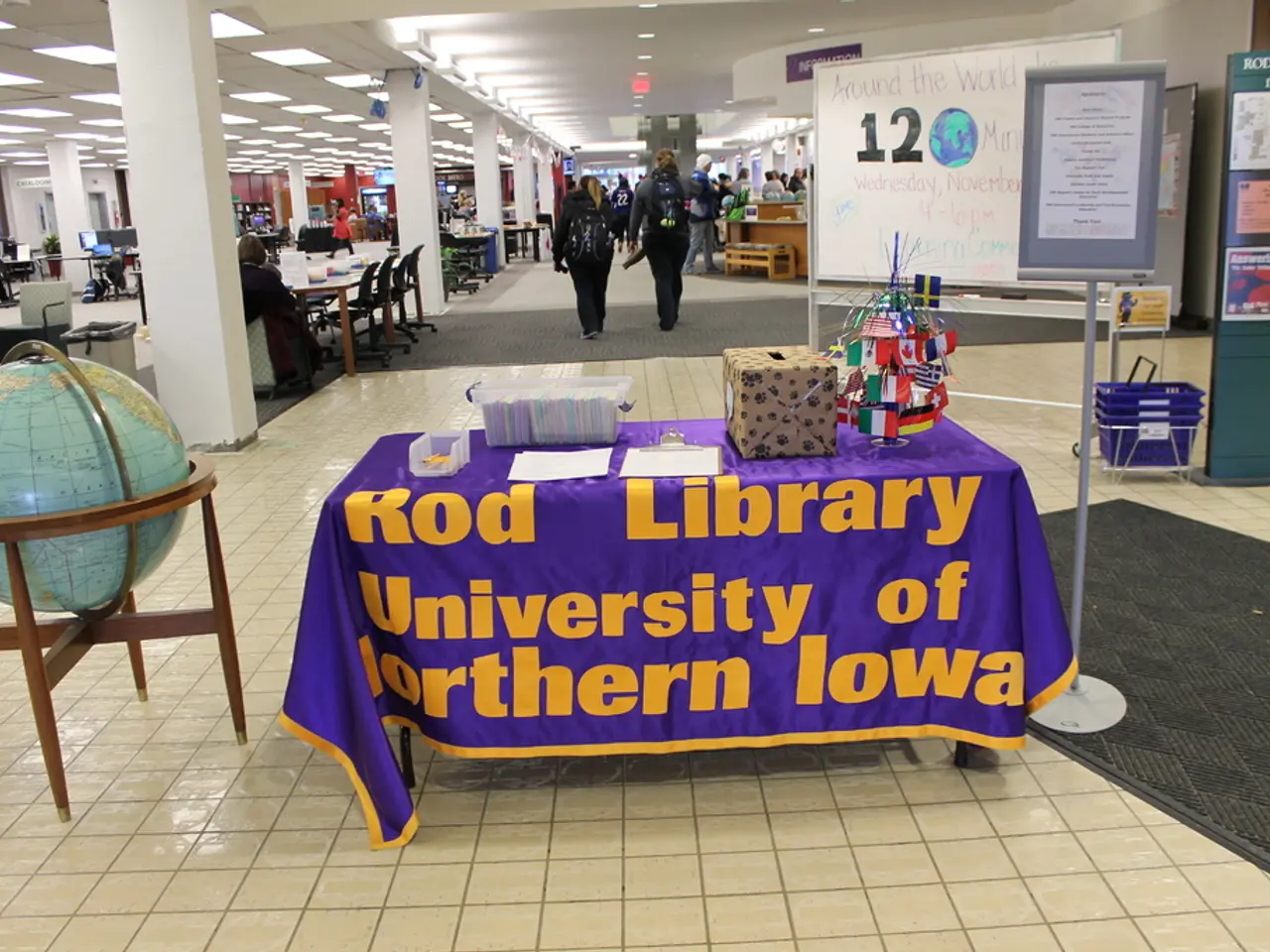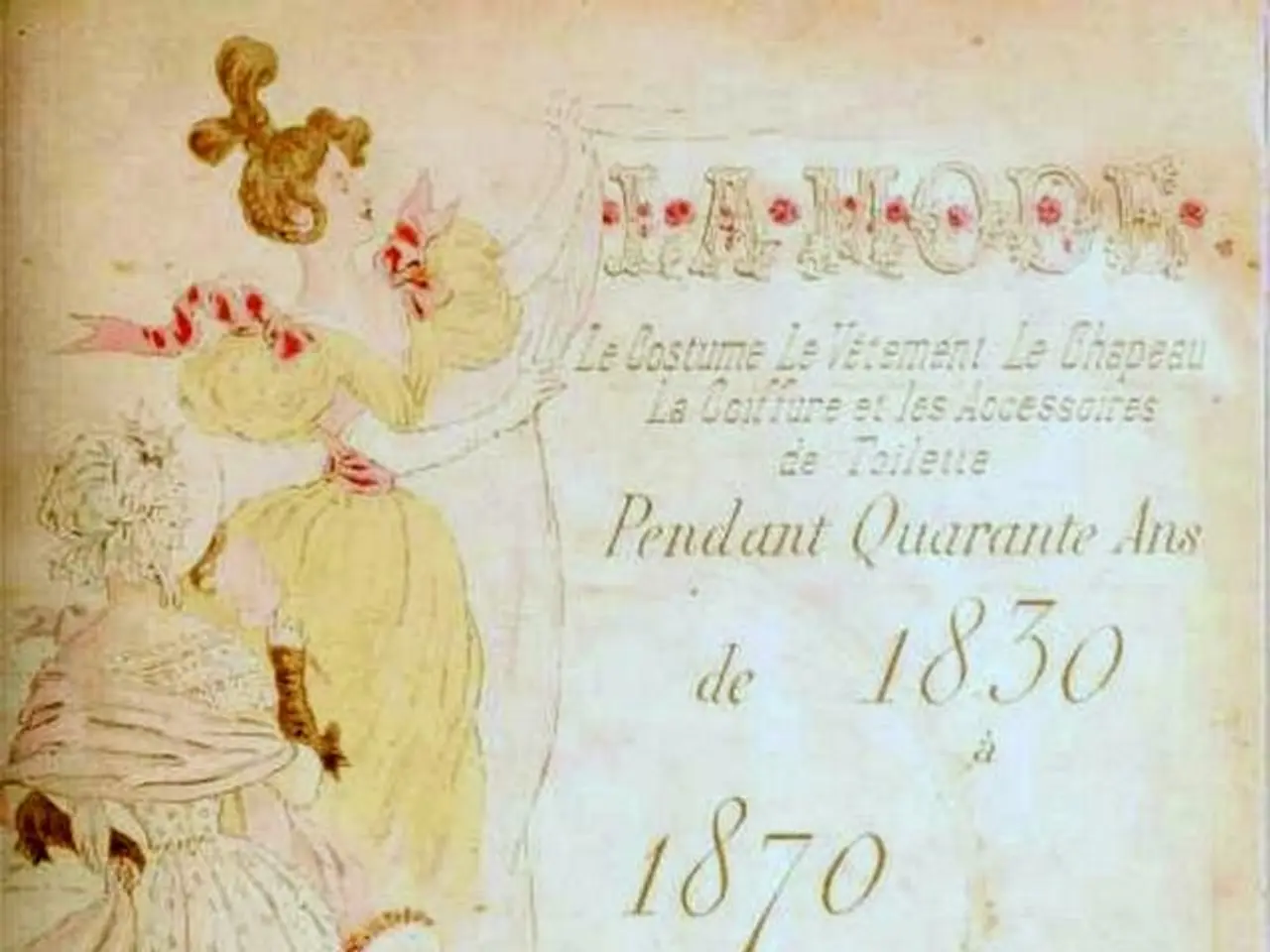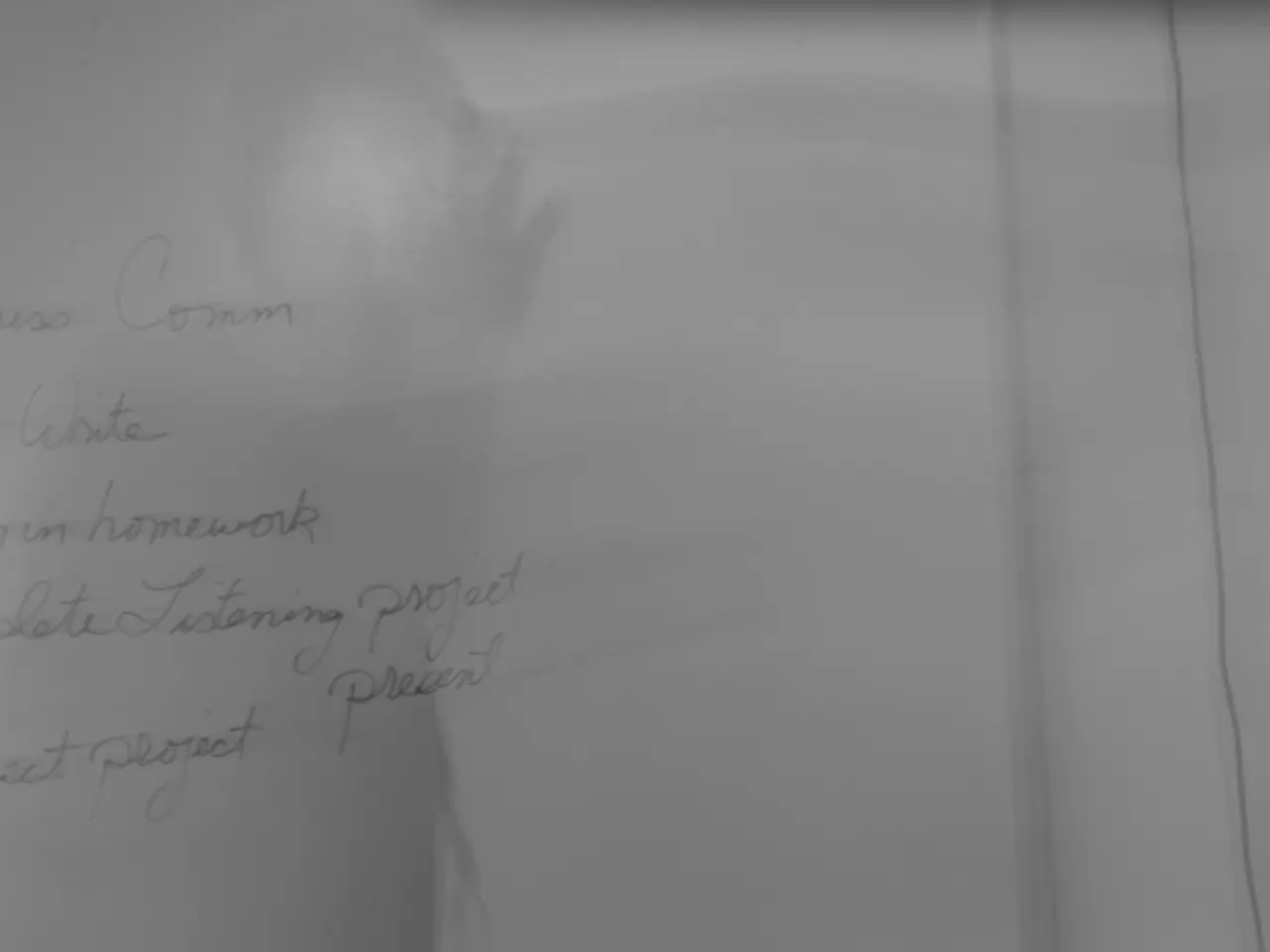Deep-rooted Liberalism in Society and its Contribution to Democratization Processes
In this exhilaratingaddress, delivered at the People's Party's headquarters in Madrid on March 27, 2025, Xesús Manuel Suárez, secretary general of the Spanish Evangelical Alliance, dived deep into the intricate link between Christianity and political freedoms, specifically freedom of conscience.
Since the Spanish Evangelical Alliance was birthed following Spanish Protestants' persecution, this topic is close to their heart. To them, freedom of conscience has always been a core value, echoing their roots in the World Evangelical Alliance's campaign for these prisoners' release.
Suárez highlighted how the Concordia y Libertad Foundation’s vision—rooted in freedom, democracy, tolerance, and Christian humanism— resonates with the Evangelical Alliance's perspective on Christianity's historical role in fostering freedom and democracy in the Western world.
He revealed that he would discuss a less-known but crucial part of political history, critical for understanding the foundation of Western democracy that seems unknown in Spain. He hoped that understanding this history would help deepen Spanish political life.
Tracing back historical precedence, Suárez pointed out that the democratic birthplace was (surprisingly) not Greece but within Christianity. The Bible's assertion that all humans are created equal and God's image-bearers formed the foundation for the democratic concept that all have equal rights.
Interestingly, the second century saw Tertullian becoming the first to use the term "religious freedom," denouncing forced religious adherence. However, the religious power's grip on political power during the Middle Ages led to the persecution of heretics.
In this landscape, the first clear call for freedom of conscience surfaced with Luther's stand against state and Church interference in religious matters during the Diet of Worms. This bold move charted the course for Protestantism and paved the way for acknowledging freedom of conscience as a cornerstone of democratic freedoms.
Suárez emphasized that Protestantism significantly impacted the democratization process by eliminating the Church's mediating role and allowing each individual to nurture a direct relationship with God. This shift radically altered concepts of political relationships and placed individual freedom of conscience at the heart of democratic ideals.
Analogizing the two worlds, Suárez advocated for a shift from a political class acting like a paternalistic, priestly class dictating for others to recognize themselves as delegates working on behalf of the people. He stressed the importance of allowing voices and civil society a more prominent role in Spain's political landscape.
Suárez acknowledged the persistent influence of Catholic dogmatism in Spanish politics, symbolized by the lingering union of throne and altar. He expressed concern about illiberal laws based on gender ideology and criticized recent Spanish laws that imposed dogma without scientific grounding, infringing on the cherished principle of freedom of conscience.
Contrasting this with the Western tradition, Suárez pointed out that in Northern European nations and the US, the emphasis is on safeguarding the rights of the individual against the state, and democracy is governed by limiting political power. In turn, this approach fosters a stronger protection of freedom of conscience.
Suárez highlighted that the American Bill of Rights, detailing the first ten amendments to the US Constitution, establishes freedom of conscience by upholding church-state separation, laying the foundation for subsequent freedoms, like freedom of speech, press freedom, and freedom of assembly.
Drawing attention to influential figures like Thomas Helwys, Richard Overton, and Roger Williams, who championed freedom of conscience, Suárez recognized their indispensable contributions to democratization and the protection of individual liberties.
Finally, Suárez engaged in thought-provoking questions for Spain's politicians, urging them to cultivate critical, conscientious citizens who value an informed vote and support constructive dialogue. He urged political leaders to value alternative perspectives, resist the temptation to manipulate public opinion, and embrace freedom of conscience, especially at the core of personal decision-making.
In conclusion, Suárez's address echoed the crucial role Christianity played in fostering freedom and democracy, particularly in the Spanish context, and underscored the importance of upholding freedom of conscience in the Portuguese Parliament, foundations, and collective mentality.
In light of the historical connection between Christianity and political freedoms, the secretary general of the Spanish Evangelical Alliance, Suárez, emphasized the significance of the general-news topic of freedom of conscience for his organization, given their roots in the persecution of Spanish Protestants.
Suárez also highlighted the importance of understanding the crucial part of political history, where Protestantism significantly impacted the democratization process by advocating for individual freedom of conscience as a cornerstone of democratic ideals, similar to the discussions surrounding contemporary general-news politics in Spain.





